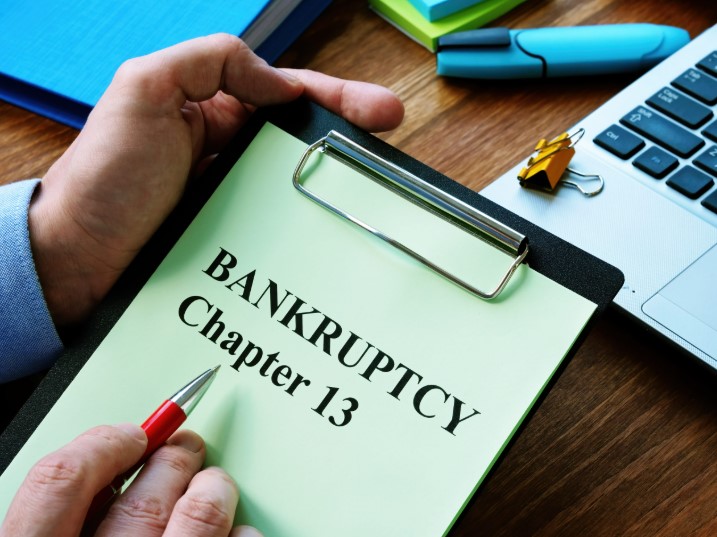
Top Questions to Consult with a Gas Rights Attorney Before Signing an Oil and Gas Lease
The prospect of signing an oil and gas lease can bring about significant financial benefits. However, it’s not a straightforward process and demands thorough understanding and consideration. One of the prudent steps to take is to consult with a professional, like a gas rights lawyer or a gas rights law firm, to get a comprehensive insight into what’s entailed in the lease agreement. It’s a crucial step to ensure that you’re making informed decisions that will not lead to regrets down the line. Below are seven crucial questions to ponder on or discuss with a gas rights attorney before putting pen to paper on an oil and gas lease.
1. What is the Duration of the Lease?
The length of the lease is a critical factor that needs utmost consideration. Generally, oil and gas leases have a primary term and possibly, a secondary term. Understanding the duration will help in long-term planning and determining the extent of the commitment. Seek to understand the implications that come with the length of the lease and if there’s room for negotiations to have the terms adjusted to a period you’re comfortable with.
2. What are the Financial Terms?
Understanding the financial aspects of the lease is fundamental. This includes the royalty rate, any upfront bonus payment, and other financial terms that might be included in the lease. It’s advisable to have a clear insight into how these financial terms are structured to avoid any surprises once the lease is in operation.
3. What Rights and Responsibilities Do I Have?
In an oil and gas lease, the rights and responsibilities of each party should be clearly defined. This includes understanding who has the rights to the surface, the extent of the land to be developed, and who bears the liability for any accidents or damages that occur on the leased land. Consulting with a gas rights lawyer to interpret the lease provisions is a wise move.
4. What are the Provisions for Surface Use?
Surface use provisions are a crucial part of an oil and gas lease. They dictate how the land can be used, who can access it, and the kind of activities that can be carried out. Understanding these provisions will help in knowing to what extent your land will be affected and if there’s any compensation for damages.
5. How is the Production Managed?
The management of the production is another critical area that needs clarification. This encompasses how the operations will be carried out, the timelines involved, and who is responsible for managing the production. The clause should also cover what happens in case of a halt in production.
6. What Happens in Case of Disputes?
Disputes are not uncommon in oil and gas lease agreements. Therefore, it’s essential to understand the mechanisms put in place to resolve disputes should they arise. This includes knowing if there are any arbitration clauses, the jurisdiction under which disputes will be settled, and the role of a gas rights attorney in dispute resolution.
7. What are the Termination Clauses?
Lastly, understanding the termination clauses is vital. Know under what circumstances the lease can be terminated, the notice required, and any penalties associated with termination. It’s also advisable to know if there are any provisions for renewing the lease once it expires.
In conclusion, navigating the complex terrain of an oil and gas lease requires a well-rounded understanding and professional advice. Engaging a gas rights law firm or a gas rights lawyer can offer invaluable assistance in making well-informed decisions regarding the lease agreement. By asking the right questions, you position yourself for a beneficial and trouble-free leasing experience.


